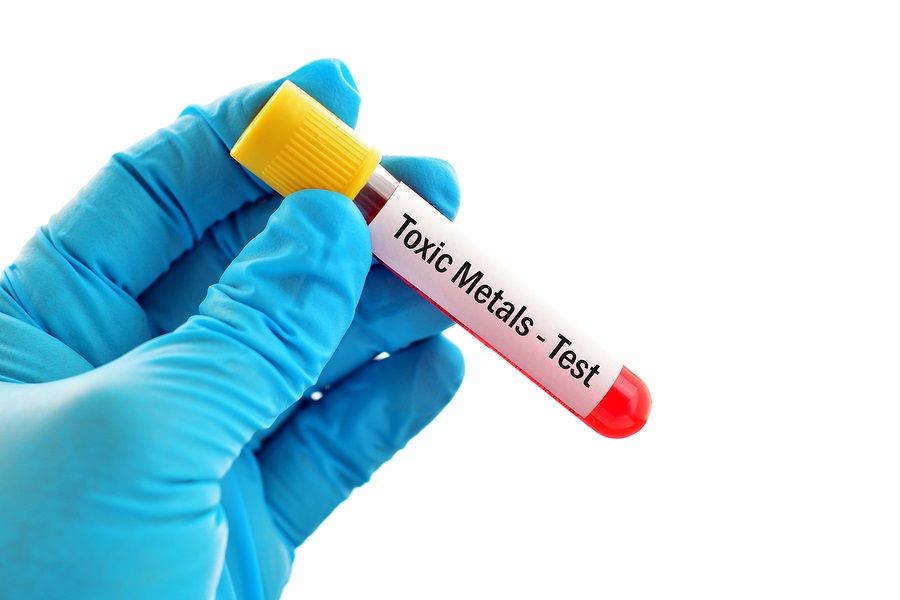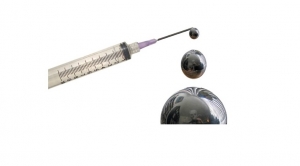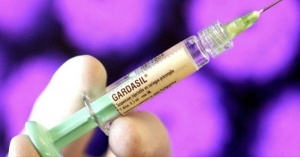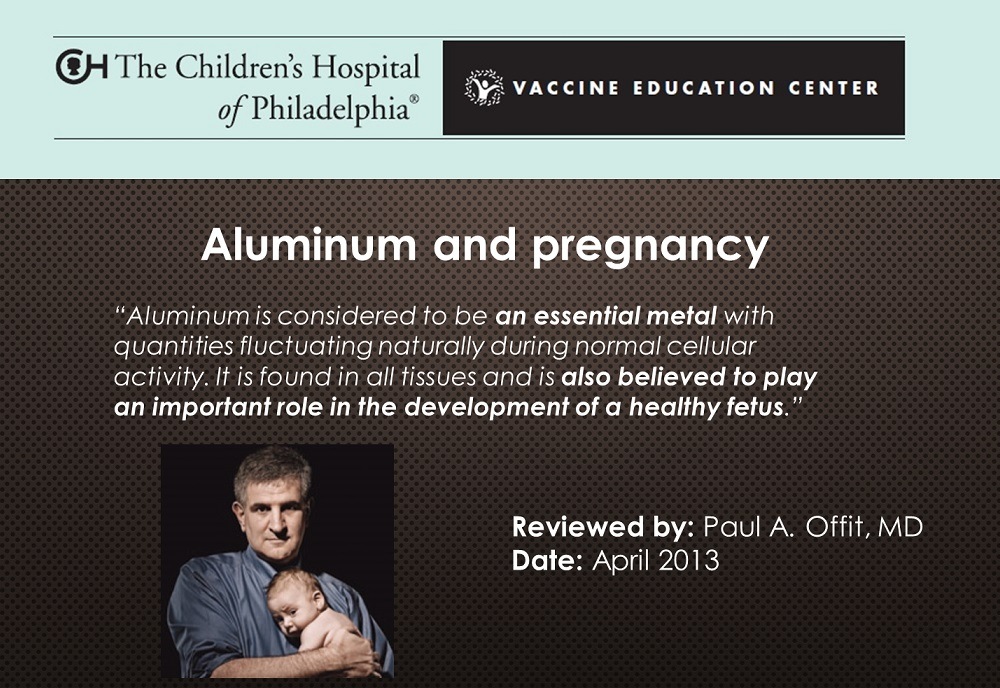Cardiologist: Measles AND Mumps Infections Could Save Millions of Lives
Reading that title is sure to shock many people. After all, who would make such a claim, let alone a cardiologist. Here is the proof to back it up. A study from 2015 in the journal Atherosclerosis found that men had 29% fewer heart attacks and 17% fewer strokes if they had a history of childhood measles and mumps. Women suffered less events as well, but not to the same extent. According to the CDC, an estimated 790,000 heart attacks occur in the U.S. every year. So according to data from the JACC study in 2015, there could be 229,000 LESS heart attacks per YEAR if these people had measles AND mumps as children. Measles and mumps appear to reduce stroke risk as well. 135,000 less people would suffer from a stroke PER YEAR if all of these people had measles AND mumps as children. Scientists are not studying benefits of childhood infections. Doing so would be career suicide. There is not much money to be found in health, only in sickness and pharmaceuticals.













